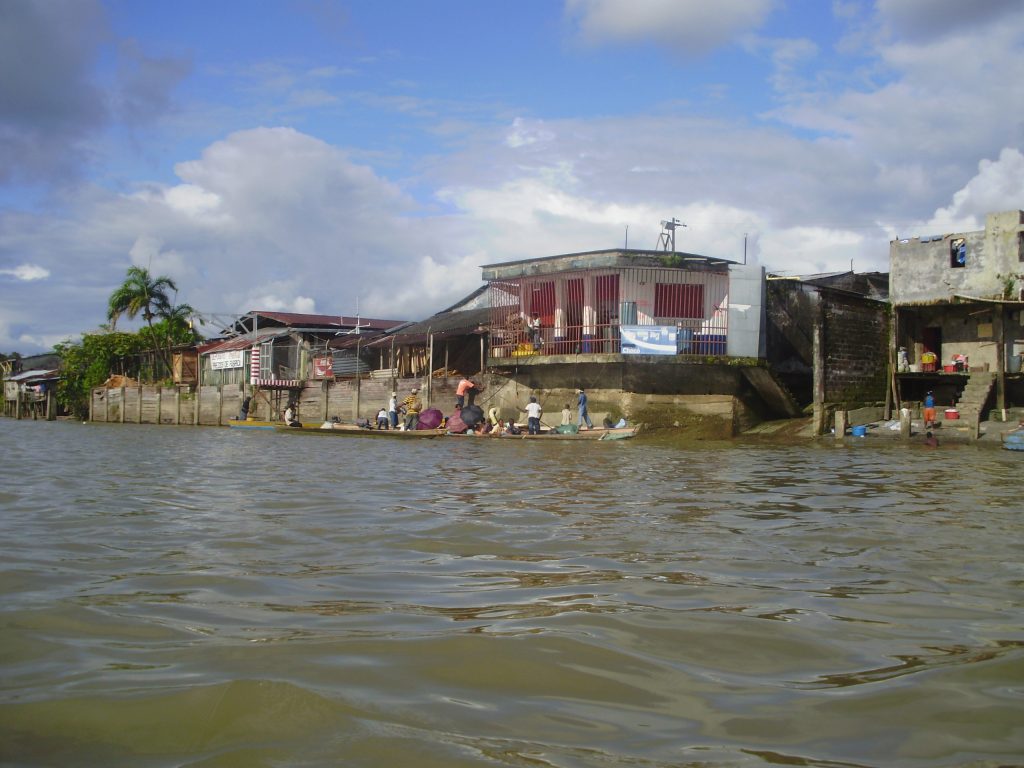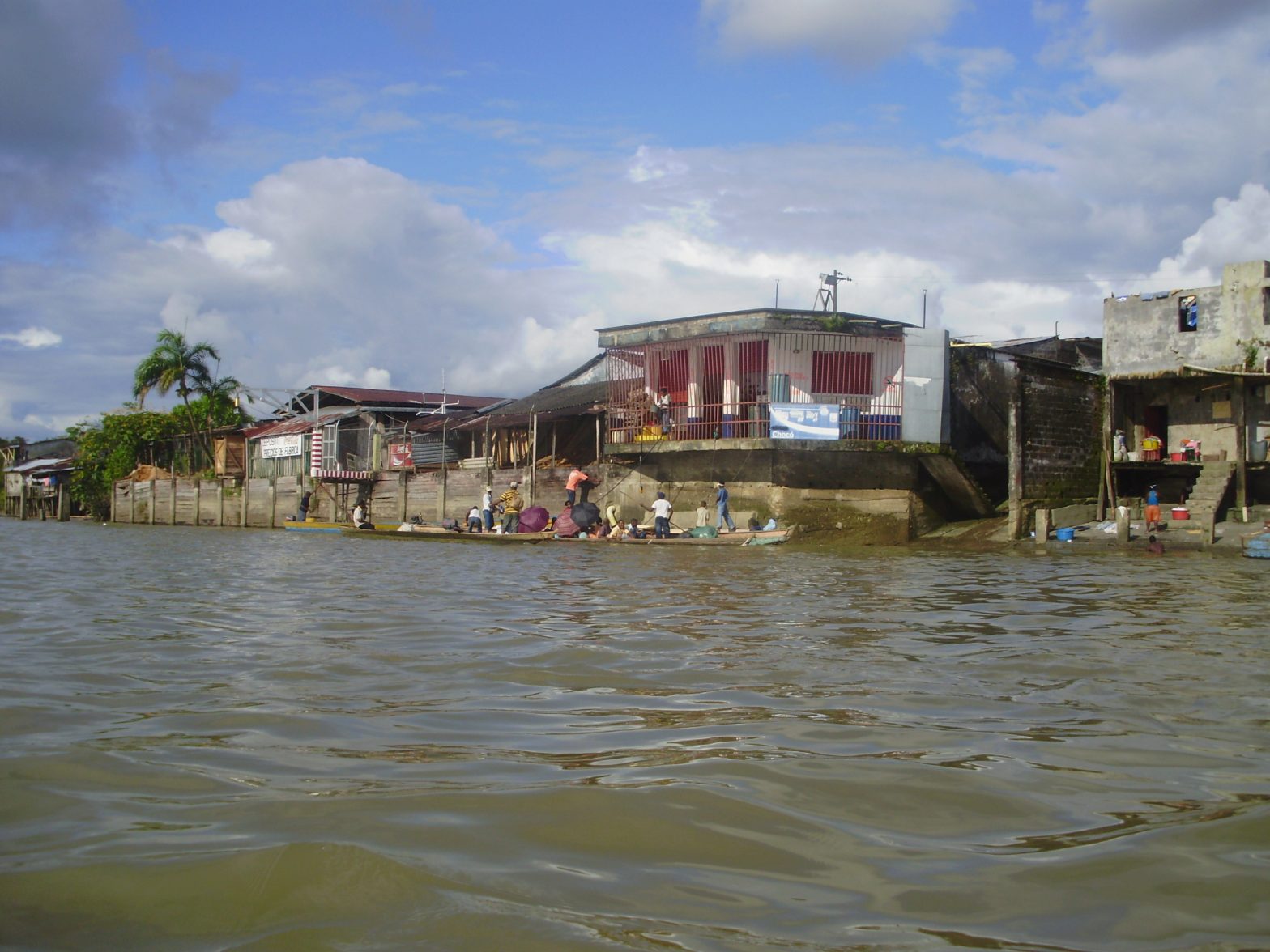
New chapter by Whitney Richardson and John McNeish in open access edited book on extractivism and resource governance. Our Extractive Age is Open Access and can be downloaded here: https://library.oapen.org/handle/20.500.12657/48472
Granting Rights to Rivers. Significance for ExtrActivism and Governance.
Chapter by Whitney Richardsen and John-Andrew McNeish in Our Extractive Age: Expressions of Violence and Resistance (Routledge/Earthscan 2021).
In this book chapter Richardson and McNeish consider the significance of legal cases that recognize the personhood rights of rivers as a means to control illegal mining and as an innovative form of extrACTIVISM. In particular the authors detail the Atrato River case, the first Colombian river to be recognized as a rights-holder by a 2016 ruling. Colombian courts have issued ruling recognizing 14 distinct eco-regions as rights-holders since 2016 and to date, Colombia is the country with the largest number of nature’s rights court rulings worldwide. In this chapter the authors explore available empirical evidence that shows how the Atrato River ruling could help to protect the river, as well as the practical challenges it has created for riverine guardianship. We also consider the value of the Atrato case as a source of inspiration for wider environmental governance and extrACTIVISM, i.e. activism opposing the impacts of resource extraction (Willow, 2018).
The chapter is a contribution to an anthology that as a whole emphasizes how the spectrum of violence associated with natural resource extraction permeates contemporary collective life. Our Extractive Age foregrounds related violence in areas we might not expect, such as infrastructural developments, protected areas for nature conservation, and even geoengineering in the name of carbon mitigation. Contributors argue that extractive violence is not an accident or side effect, but rather a core logic of the 21st Century planetary experience. Extractive violence is shown not only to be a spectacular event, but an extended dynamic that can be silent, invisible, and gradual. The volume also recognizes that much of the new violence of extraction has become cloaked in the discourse of “green development”. Ironically, green technologies and other contemporary efforts to tackle environmental ills often themselves depend on the continuance of social exploitation and the contaminating practices of non-renewable extraction. But as the volume also shows, resistance is also as multi-scalar and heterogeneous as the violence it inspires. It is within this consideration of resistance that legal work on the rights of rivers in Colombia are considered by Richardson and McNeish.

